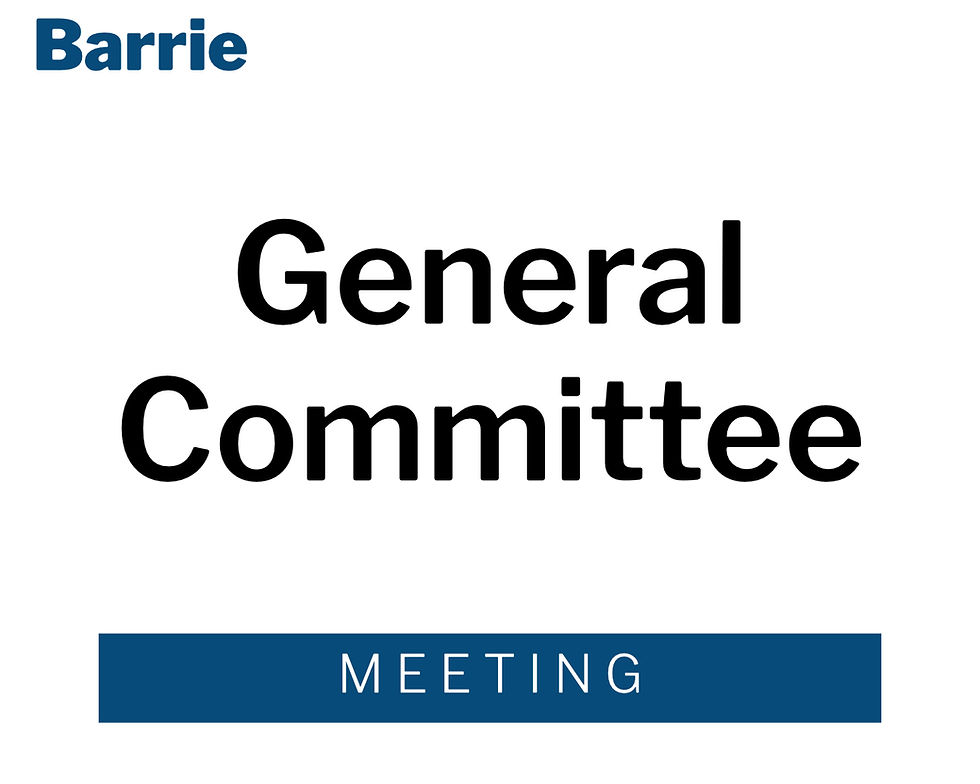Disrupting the Blame Game for Good
- Jennifer van Gennip
- Aug 2, 2025
- 3 min read
EBO Contributing Member Jennifer van Gennip gets back to her ranting roots for an essay on the long history of using drugs and drug laws to "other", and criminalize groups who are politically inconvenient
For Jennifer's full essay, visit her blog, DisruptForGood - we'll share some highlights below.
Posted by Jennifer Van Gennip, Contributing Member
When we look at the way cities today are treating people living in encampments, it’s easy to think this is a new, complex challenge. But it’s not new. Not really. There’s a long history of governments using criminal laws, bylaws, and public safety narratives to displace people who are seen as politically inconvenient, socially undesirable, or just no longer “welcome” in certain places.
Encampments are just the latest chapter in a longer story.
For some of you, this is old news. For the rest of you, buckle up.
A (Brief) Historical Primer on Drug Policy
The Canadian Drug Policy Coalition has a solid summary of how drug laws in this country have never really been about drugs or health — they’ve been about control. It draws from Busted by Dr. Susan Boyd, and it’s a crash course on how “drug policy” has always been a political tool.
[Edited - get the full Primer at https://www.jennifervangennip.com/rants/disrupting-the-blame-game-for-good]
Present Day
And now, here we are — 2025 — still living inside that same playbook.
Today, it’s people living in encampments who are cast as the threat. When we see them as people priced out of housing, pushed out of the rental market, and failed by a shredded social safety net, then it’s clearly a government problem. A policy failure. A collective shame. As John Ehrlichman might say, a political enemy.
But that kind of framing demands action. Investment. Accountability.
So instead, the narrative shifts. Again.
The moment someone living in a tent becomes “a drug user,” “a dealer,” “a threat to public safety,” the sympathy dries up.
Criminalization is the shortcut.
By blaming individuals, we get to pretend the system isn’t broken. We get to hold onto the illusion that it couldn’t happen to us. That we’re safe. That we’re different. That they did something we would never do.
That lie is the point.
It protects governments. It protects comfort. And it lets the rest of us look away — as bylaw officers seize people’s tents, as cops clear parks, as headlines label human beings a “public safety risk.”
But let’s be honest: encampments aren’t the problem. They’re the evidence.
Evidence that housing is out of reach. That social assistance rates are a cruel joke. That healthcare is underfunded. That colonialism never ended. That austerity is policy violence.
Instead of facing it, governments are scapegoating.
[Edited - read the full essay at https://www.jennifervangennip.com/rants/disrupting-the-blame-game-for-good]
So if you’re reading this, and you’ve ever felt that little voice inside say, “Well, they must have done something to end up there” — that’s not your intuition talking. That’s a story you were sold.
Let’s stop selling it.
Let’s stop swallowing it.
Let’s stop criminalizing survival and start demanding system change: like more supportive housing, livable social assistance rates, and tenant protections, for starters.
Let’s disrupt the blame game. For good.
[Edited - read the full essay at https://www.jennifervangennip.com/rants/disrupting-the-blame-game-for-good]

Engage Barrie Organization encourages our members and guests to contribute blog posts on a variety of topics that fall under our "equitable, empowered, engaged" umbrella, in the hopes of sharing a variety of perspectives and experiences.
Please be aware that the views and opinions expressed by our blog contributors do not necessarily reflect any official position of Engage Barrie Organization.





Comments